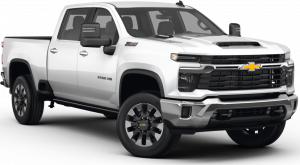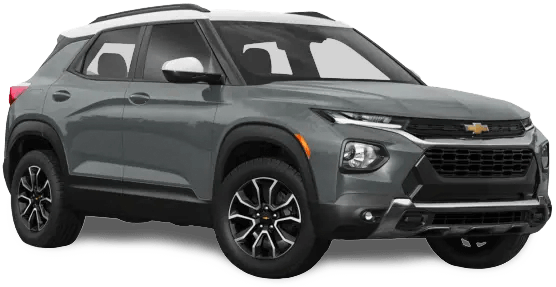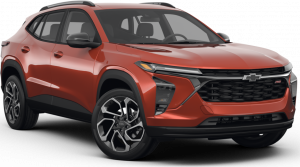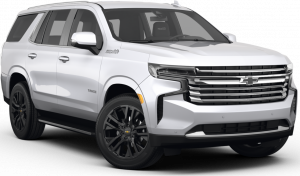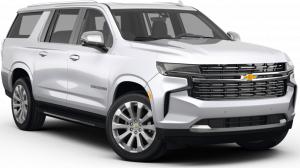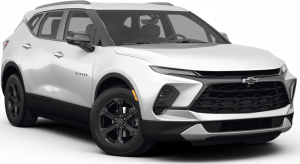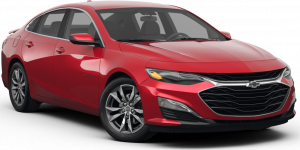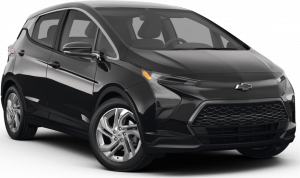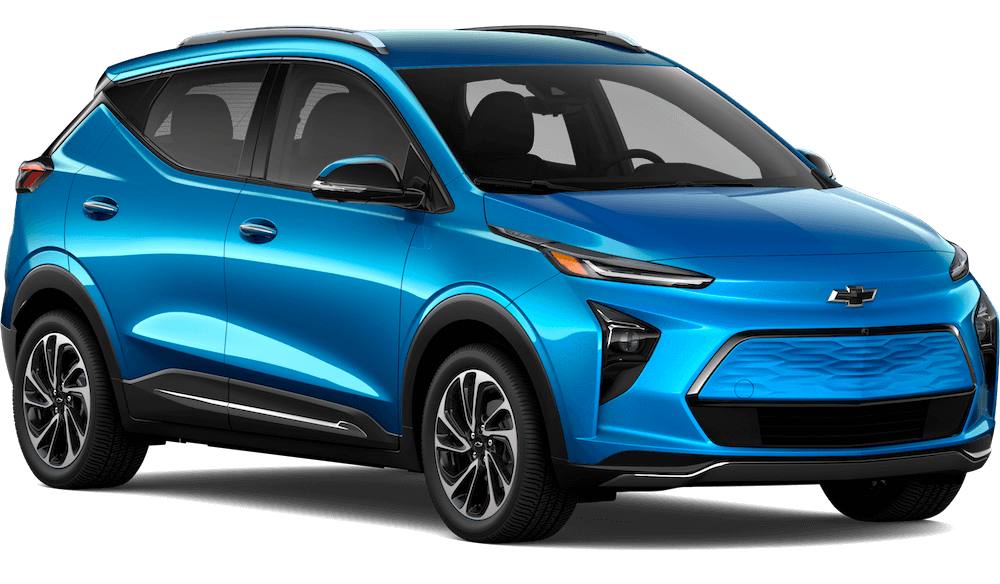Choosing the Right Fuel: A Comprehensive Guide to Vehicle Fuel Types
The automotive world has never been as diverse as it is today, especially when it comes to the variety of fuel options available for vehicles. With the escalating need to reduce greenhouse gas emissions and the increasing availability of alternative fuel sources, the choices can be daunting. In this article, we will provide an overview of some of the most common fuel types, helping you make an informed decision based on your needs and priorities.
Diesel: The Workhorse
Diesel engines, known for their efficiency, produce more mileage per gallon than gasoline, making it a favorite for long-haul trucks and other heavy vehicles. The downside? It's typically pricier than gasoline and might not be as readily available at all stations.
Interesting Facts About Diesel:
- Rudolf Diesel, who the fuel is named after, initially designed the diesel engine to run on peanut oil.
- Diesel engines generally offer better fuel efficiency than gasoline engines because of their higher energy content and unique combustion process.
- While diesel fuel is more energy-dense than gasoline, it emits more carbon dioxide per gallon when burned.
Ethanol: Nature's Fuel
Derived mainly from corn and other plants, ethanol stands out as a renewable and more environmentally friendly fuel. Although it burns cleaner than gasoline, it's less fuel-efficient, which might lead to more frequent fill-ups.
Biodiesel: Green and Clean
Biodiesel, a renewable source made from vegetable oils or animal fats, offers efficiency surpassing that of ethanol. Though it emits fewer greenhouse gases than gasoline, its cost and availability can be restrictive for some.
Fun Facts About Southern California:
- Southern California is home to the "Avocado Capital of the World," located in Fallbrook. Each year, they host an avocado festival.
- The Hollywood sign, a renowned symbol of the entertainment industry, originally read "Hollywoodland" when it was first erected in 1923.
- Despite its sunny reputation, Southern California hosts the annual "Festival of the Kite" in Redondo Beach, one of the longest-running kite festivals in the country.
Natural Gas: The Abundant Alternative
Widely available in the United States, natural gas burns cleanly, reducing emissions. The catch? Vehicles running on natural gas can be costlier upfront than their gasoline or diesel counterparts.
Electric: The Future Is Now
Electric vehicles (EVs), powered by rechargeable batteries, promise zero tailpipe emissions. Though EVs might have a higher initial purchase price, the cost is often offset by lower operating expenses. However, range limitations and charging infrastructure can be a concern for potential buyers.
Fun Facts About Gasoline:
- Gasoline isn't naturally occurring in its usable form; it's a product derived from crude oil through a refining process that produces various hydrocarbons.
- The "new car smell" that many people love is partly due to the volatile organic compounds found in gasoline and other automotive fluids.
- In movies and TV shows, when cars explode, it's usually not the gasoline causing the fiery explosion. Gasoline needs to be vaporized and mixed with air to be flammable. Those movie explosions are often amplified with pyrotechnics.
Gasoline: The Old Standby
Gasoline is a staple for many vehicles on the road, but not all gasoline is created equal. With various types available, understanding the difference can significantly impact your vehicle's performance and longevity. In the United States, the three primary gasoline types differ by their octane ratings, directly affecting their resistance to engine knocking.
Regular Gasoline: This is the standard gasoline type found at almost every fueling station. Boasting an octane rating of 87, it is the most economical choice. However, the lower resistance to engine knocking might not make it the ideal option for high-end performance vehicles or those hauling heavy loads.
Mid-grade Gasoline: Sitting in the middle ground, mid-grade gasoline offers an octane rating of 89. While it's pricier than the regular variant, its heightened resistance to knocking makes it a sound choice for vehicles demanding slightly more than what regular gasoline offers.
Premium Gasoline: The high-end option in the gasoline spectrum, premium gasoline, comes with an octane rating of 91 or even higher. Due to its superior resistance to engine knocking, certain high-performance vehicles and those used for towing might specifically require this type. Although it's the most expensive out of the lot, its benefits for certain vehicles can't be overlooked.
Tips on How to Save Money on Gas:
- Ensure your tires are properly inflated. Under-inflated tires can reduce your fuel efficiency.
- Drive smoothly. Rapid acceleration and braking can decrease your gas mileage.
- Use air conditioning judiciously. Running the AC can increase fuel consumption.
- Limit idling. If you're going to be stationary for more than a minute, it's often more fuel-efficient to turn the engine off.
- Perform regular maintenance. A well-maintained vehicle runs more efficiently.
Now, you might wonder, which one's for you? Your vehicle type and how you use it largely dictate this. High-performance vehicles or those under strenuous tasks, like heavy towing, might benefit from or even necessitate premium gasoline. On the other hand, regular vehicles operating under normal conditions would find regular gasoline more than sufficient.
However, always ensure to refer to your vehicle's owner's manual. Some vehicles are explicitly designed to function on a particular octane rating. Remember, using a higher octane gasoline than what's prescribed won't boost your vehicle's performance or mileage. In truth, it might just be an unnecessary expense, potentially decreasing your fuel efficiency. Choose wisely and fuel appropriately!
Deciding on the Best Fuel for You
The choice of fuel depends on several factors:
- Budget: Gasoline generally offers the most bang for your buck, but alternative fuels might offer long-term savings.
- Driving Habits: If you're covering long distances regularly, diesel or gasoline might be preferable. For city commutes, electric could be ideal.
- Environmental Concerns: For the eco-conscious, renewable fuels like ethanol, biodiesel, or electric vehicles might be the way to go.
Experience Southern California's Automotive Heart: The Socal Chevy Legacy
Over the years, nestled amidst the vibrant landscapes of Southern California, Socal Chevy has firmly established itself as a beacon of reliability and trust for car enthusiasts and daily drivers alike. This isn't just a dealership; it's a Southern California tradition that captures the essence of our driving spirit. Whether you're cruising down the iconic Pacific Coast Highway or navigating through the bustling city streets, Socal Chevy ensures you're behind the wheel of a vehicle that resonates with quality. Interested in exploring the latest models? Dive into our New Inventory. For those seeking a vehicle with a bit of history, our Pre-owned inventory is curated with gems that deliver excellence. And if it's unparalleled deals you're after, don't miss our enticing Finance Specials. Of course, maintaining your vehicle's peak performance is paramount, so we invite you to experience top-tier Vehicle Service with our seasoned professionals. Experience the Socal Chevy difference; it's Southern California's driving heart. Come, visit, and become a part of our automotive family.
Closing Thought
It's crucial to consider vehicle compatibility. Some vehicles, like flex-fuel models, are designed to run on multiple fuel types. Always consult your vehicle's owner's manual to determine which fuels are recommended or required.
The right fuel type for you is a blend of personal preference, vehicle compatibility, and broader environmental and economic considerations. By staying informed and weighing the pros and cons, you can make a choice that's both beneficial for you and the environment.


